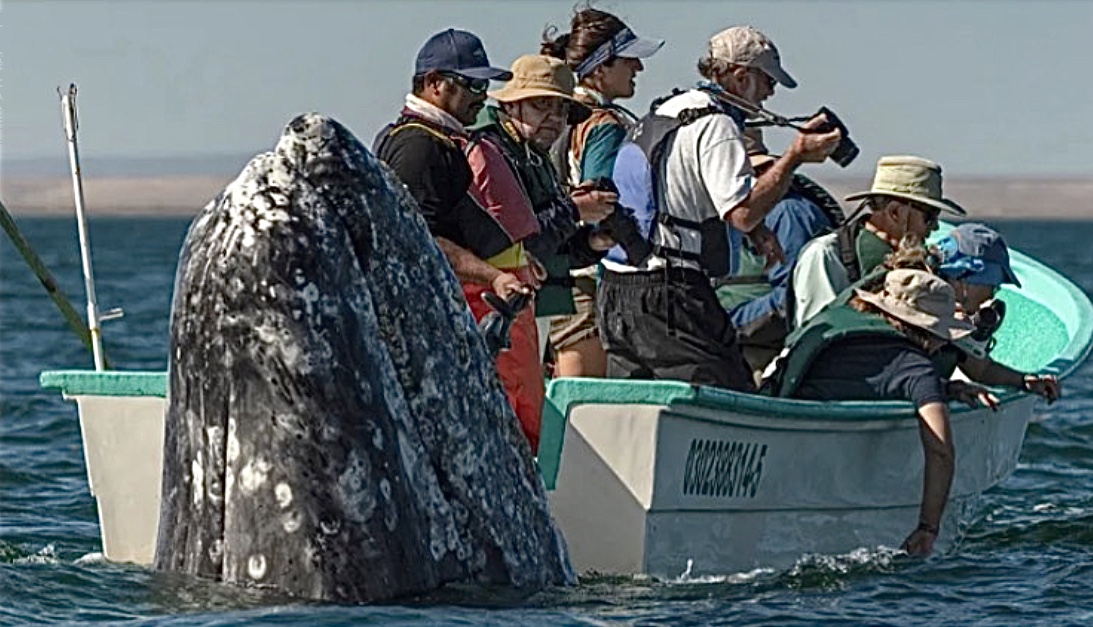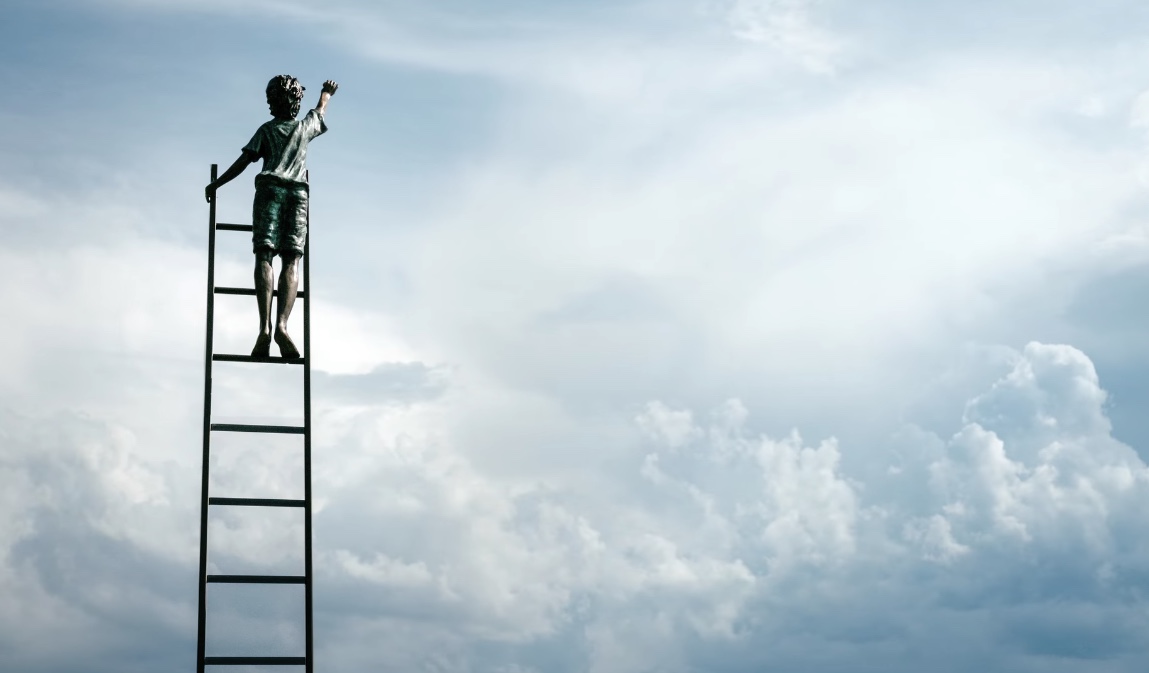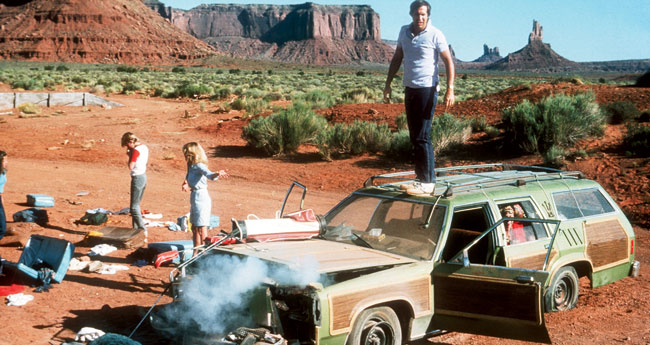SENSE OF WONDER
Unless you become as a little child, you cannot enter the Kingdom of God.
Having a strong sense of wonder causes other virtues such as gratitude, compassion, humility, joy, kindness, and generosity to flow naturally.
Submit your personal story or favorite illustration, quote, Bible verse, etc. that illustrates a specific virtue to [email protected], then click on the virtue of your choice on the Virtues page to see your story or the stories and illustrations of others.
Ken McLeod writes, “Spiritual practice often begins with awe, the feeling of being intimately connected to something that is infinitely greater than you… Whatever practice you do, begin with awe.”
October 10, 2021
Praise the Lord from the earth,
Sea monsters and all deeps;
Fire and hail, snow and clouds;
Stormy wind, fulfilling God’s word;
Mountains and all hills;
Fruit trees and all cedars;
Beasts and all cattle;
Creeping things and winged fowl;
Let them praise the name of the Lord,
For God’s name alone is exalted;
God’s glory is above earth and heaven.
—Psalm 148: 7–10, 13
Fr. Richard Rohr shares about how “seeing” or perceiving God in nature forms the basis of an incarnational spirituality:
Creation spirituality has its origins in Hebrew Scriptures such as Psalms 104 and 148. It is a spirituality that is rooted, first of all, in nature, in experience, and in the world as it is. This rich Hebrew spirituality formed the mind and heart of Jesus of Nazareth.
Maybe we don’t feel the impact of that until we realize how many people think religion has to do with ideas and concepts and formulas from books. That’s how we were trained for years. We went away, not into a world of nature and silence and primal relationships, but into a world of books. Well, that’s not biblical spirituality, and that’s not where religion begins. It begins in observing “what is.” Paul says, “Ever since the creation of the world, the invisible essence of God and his everlasting power have been clearly seen by the mind’s understanding of created things” (Romans 1:20). We know God through the things that God has made. The first foundation of any true religious seeing is, quite simply, learning how to see and love what is. Contemplation is meeting reality in its most simple and direct form unjudged, unexplained, and uncontrolled!
If we don’t know how to love what’s right in front of us, then we don’t know how to see what is. So we must start with a stone! We move from the stone to the plant world and learn how to appreciate growing things and see God in them. In all of the natural world, we see the vestigia Dei,which means the fingerprints or footprints of God.
Perhaps once we can see God in plants and animals, we might learn to see God in our neighbors. And then we might learn to love the world. And then when all of that loving has taken place, when all of that seeing has happened, when such people come to me and tell me they love Jesus, I’ll believe it! They’re capable of loving Jesus. The soul is prepared. The soul is freed, and it’s learned how to see and how to receive and how to move in and how to move out from itself. Such individuals might well understand how to love God.
I maybe could have called this Virtue “Curiosity.” Not exactly the same as “Sense of Wonder,” but close! I pray…that I will never lose the virtue of Curiosity, or a Sense of Wonder.
When the Going Gets Rough, Turn to Wonder
If you feel judgmental, or defensive . . . ask yourself, “I wonder what brought her to this belief?” “I wonder what he’s feeling right now?” “I wonder what my reaction teaches me about myself?” . . .
–From the Center for Contemplation & Action
“…At the foot of one of the branches of the glacier there were two little tarns, one a delicate azure, the other green-gold, the colours pure as jewels. So unexpected was this sight amid the savage scenery of Batian, that I could not help thinking, it is too beautiful, do I deserve to experience it? and unconsciously my thoughts wandered to the simple character of the Humpback of Breuil who, as Guido Rey relates, having climbed the Matterhorn with the first party from the south, knelt down and thanked God for having created such a marvellous universe.”
From the book “No Picnic on Mt. Kenya” by Felice Bennuzi.
October 6, 2021
Nathan Hurd writes:
Two Ways to Fell More Alive
One of the greatest treasures in life is the feeling of awe. I’m sure you’ve felt it.
The spine-tingling sense of wonderment you get from a breathtaking view from the top of a hill while on a hike…
The quiet appreciation of a beautiful summer’s day…
The joy of watching a child take in new experiences…
It’s a wonderful feeling. But what exactly does awe do?
Put simply, awe expands our thinking. We feel it when we allow ourselves to be overtaken by something and, for a moment, transcend ourselves.
In recent years, scientists have started studying the phenomenon of awe in more depth, and we’re beginning to understand just how important it is to our social connections and our overall health.
Dacher Keltner is the faculty director for the Greater Good Science Center, based at the University of California, Berkeley. Her lab ran a research project called “Project Awe” several years ago, learning more about the subject in three years than we had in the previous three decades.
It is thought that one of the reasons we experience awe is that it binds us together. Awe reminds us that we are part of something bigger than ourselves. It reminds us that we’re in this together. It connects us to one another.
This is very good for our basic survival, of course. It encourages people to cooperate to solve big problems and accomplish great things.
It also contributes to our psychological well-being. There are many studies that have shown that feeling awe can improve the outcomes for trauma survivors and those suffering from PTSD.
One of the places where we most often encounter awe is in nature. We feel it when we look at breathtaking views… take in a powerful rainstorm… or observe an animal in the wild.
But other people can also provoke this emotion in us. We feel it when we see someone overcome difficult odds or act in a selfless way… or look upon a child’s innocence.
You don’t need to be staring at a sunset or gazing at a starry sky to have this feeling. And the more awe you feel, the richer your life becomes.
There are two simple habits you can implement to experience awe more often and more deeply in your daily life.
1) Pay close attention and ponder. It is possible to look at your coffee in the morning and feel completely in awe. Observe the steam coming off the top, the smell wafting through the air – and reflect on all that it took to produce that one cup. The vast coordination and cooperation it took to grow the beans: starting with the rain, the earth, the sun and the plant. Then the cultivation and care exercised in preparing and shipping them. All the agreement and cooperation involved in the process, from the plant in the ground to the liquid in your cup. All the variations on coffeemakers and the effort and interest to produce the modern version you have in your kitchen, the craftsmanship of the mug and the taste as you take the first sip.
Likewise, look at the shadows a branch makes on the ground… and think about every component that comes together to create that experience – both inside you and outside you.
Or take in the compassion or calm someone displays under pressure… and really try to appreciate the impact of the moment.
2) When you feel it, hold onto it. When you feel a sense of awe about anything, don’t be so quick to move on to the next thing. Pause… and marinate in the feeling for as long as you can. The more awe you feel, the richer your life will be.

God don’t let me miss the wonders of your creation that are right in front of me (or behind me!)
_________________________________________________________________________________________________
Author:
Jesus says to his disciples and the crowds over and over again in the gospels, “Are you listening? Really listening?” I believe he would also have said “Are you seeing? Really seeing?” “Are you sensing, really sensing?” “Are you feeling, really feeling?” A Sense of Wonder happens when we are really, truly hearing, seeing, sensing and feeling the miracles that are all around us, all the time. For example, God’s creation, in living color, in all it’s glory. I’m ashamed to say how much of the time I take it all for granted. And people! Each person, unique, exquisitely made, an actual walking, talking miracle! I make my wife nervous some times, because I will just sit and stare at her. I catch a glimpse often of that 15 year old girl I fell madly in love with…and a Sense of Wonder overtakes me. It makes me appreciative, grateful. It makes me worship.

June 29, 2021
“Each person is created in the image of God and thus uniquely reflects some aspect of God’s glory. Humans beings are NOT mere mortals. The dullest and most uninteresting person you can talk to now may one day be a creature which, if you saw them like this now, you would be strongly tempted to worship…”
—C.S. Lewis
Author’s note: I pulled this quote from a magazine article titled “What Hollywood Doesn’t Know About Romantic Love.” The article, from the February 3, 1984 issue of Christianity Today, is THE BEST magazine article I have ever read. I have saved it and find myself returning to it over and over again through the years. If you would like a pdf copy of the whole article, email me using the form on the first page of this website.

Chevy Chase’s “Vacation” is one of my favorite comedies. One of the funniest scenes is when he and his family finally arrive in the “family truckster” at the Grand Canyon. They all pile out, Chevy looks over the edge for a few seconds…”Uh-huh, uh-huh; OK, back in the car kids, time to go!” Funny…but sad? Where is his Sense of Wonder? I don’t want to lose mine.
—Art Nicklaus
June 29, 2021
Seeing No Stranger
Valarie Kaur is a Sikh activist and civil rights lawyer who writes about the “revolutionary love” of “seeing no stranger.” Though René Girard believed the Gospel could transform our impulse to scapegoat, people of the Sikh faith have been more faithful to practices of nonviolence and compassion than many Christians. Valarie writes:
See no stranger has become a practice that defines my relationships. . . . Seeing no stranger begins in wonder. It is to look upon the face of anyone and choose to say: You are a part of me I do not yet know. Wonder is the wellspring for love. Who we wonder about determines whose stories we hear and whose joy and pain we share. Those we grieve with, those we sit with and weep with, are ultimately those we organize with and advocate for. When a critical mass of people come together to wonder about one another, grieve with one another, and fight with and for one another, we begin to build the solidarity needed for collective liberation and transformation—a solidarity rooted in love. . . .
Out in the world, I notice the unconscious biases that arise in me when I look at faces on the street or in the news. To practice seeing each of them as a sister or brother or family member, I say in my mind: You are a part of me I do not yet know. Through conscious repetition, I am practicing orienting to the world with wonder and preparing myself for the possibility of connection. (Sometimes I do this with animals and the earth, too!) It opens me up to pay attention to their story. When their story is painful, I make excuses to turn back—“It’s too overwhelming” or “It’s not my place”—but I hold the compass and remember that all I need to do is be present to their pain and find a way to grieve with them. If I can sit with their pain, I begin to ask:
What do they need? Listening to more stories, learning about a community’s history, or showing up to vigils or marches or memorials gives me information for how to fight for them. I seek out organizations that are already fighting for them and offer my voice or time or money or labor to assist them. When I worry that I’m not enough, I ask myself: What is my sword and shield? How will I fight? What will I risk? When I get overwhelmed, I ask: What is my role in this moment? I remember that I only have to shine my light in my corner of sky.
